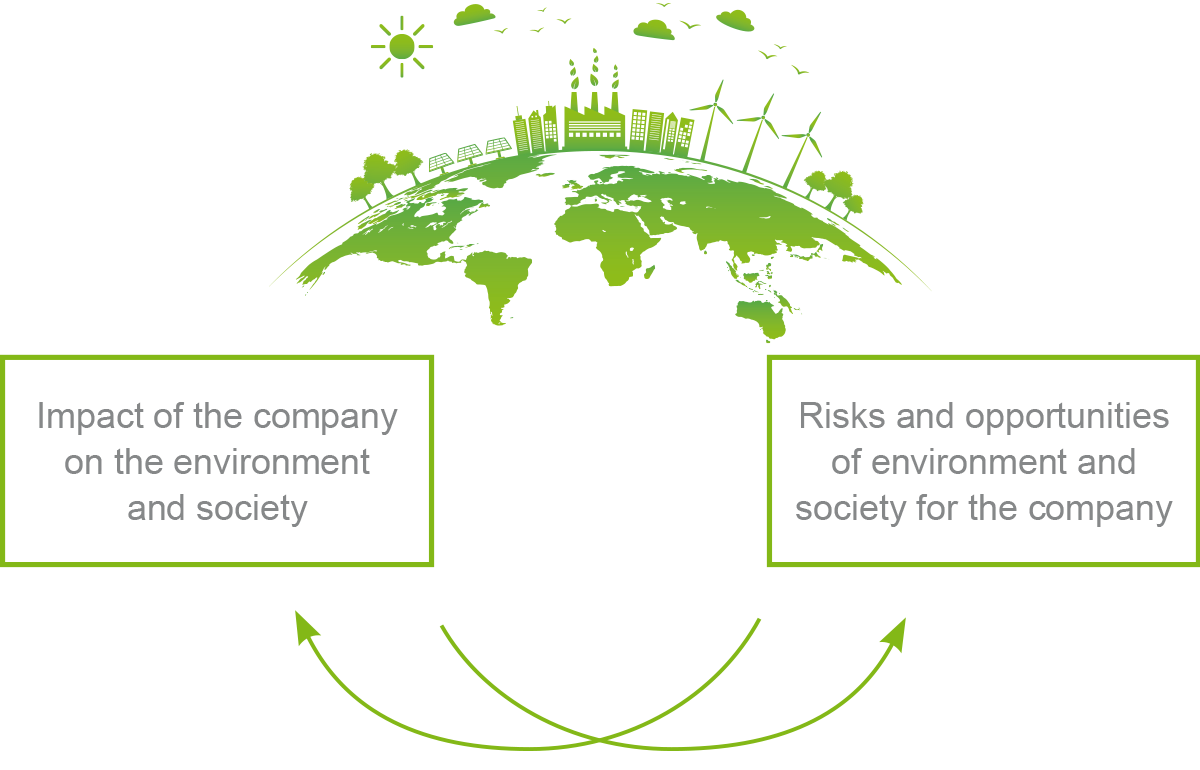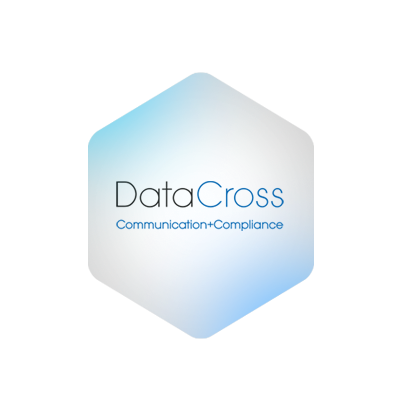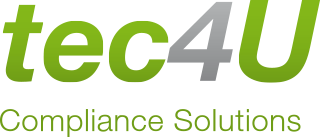Ensure CSRD-Compliance: Consulting & Software for implementing the Corporate Sustainability Reporting Directive
On January 5, 2023, the new EU directive on sustainability reporting, the “Corporate Sustainability Reporting Directive” ((EU) 2022/2464), came into force. The CSRD replaces the previous “Non Financial Reporting Directive (NFRD)” and is a key instrument of the “EU Green Deal”. This pursues the goal of developing Europe into a climate-neutral continent by 2050 and aims to promote sustainable business practices. The new requirements for companies subject to reporting obligations are intended to increase the transparency, comparability and quality of sustainability reporting. Just like financial reports, sustainability reports will have to undergo an external audit in future, which means that both the formal and content requirements for CSRD reports will increase enormously.
Are you affected?
The CSRD not only significantly expands the scope of reporting, but also the group of users. First of all, the previous group of users of the NFRD will fall under the new legislation, followed by other large companies that will already have to publish a report in accordance with the CSRD for the 2025 financial year. Even SMEs with ten or more employees may be subject to the reporting obligation from 2026 under certain conditions. It is estimated that around 50,00 companies across Europe and around 15,000 companies across Germany will be directly affected by the CSRD in future.
However, even companies that will not be subject to the reporting obligation until the following years must already deal with the requirements, as the changes are extensive compared to the previous legislation and the corresponding implementation and research are complex and time-consuming.
What CSRD challenges do you face?
A key innovation is the concrete specification of the report content and structure in accord-ance with the uniform European reporting standards, the European Sustainability Reporting Standards (ESRS). With over 1000 data points, these provide a flood of information that must be collected by companies subject to reporting requirements over time and integrated into the sustainability report.
In addition, a “materiality assessment” must be carried out to determine which sustainability topics are relevant for the company and therefore need to be reported. Material sustainability topics are identified according to the Principle of double materiality (impact materiality and financial materiality):
In particular, the process and precise documentation of the materiality assessment pose major challenges for many companies due to the imprecise explanations in the legal text.

How do you achieve CSRD Compliance?
CSRD consulting

tec4U-Solutions supports you in implementing the mandatory sustainability reporting for your company in a targeted and economical manner.
As part of different workshops, the topics relevant to you for your sustainability report are developed in cooperation with the specialist departments and the necessary information and data points are identified on this basis. In addition, tec4U-Solutions supports the formulation and visual design of the CSRD report in collaboration with the marketing/communications department.
The CSRD workshop provides you with the following results:
CSRD software

1. ESG ValueChain:
With the ESG ValueChain module, companies subject to CSRD reporting requirements can survey their supply chain in a semi-automated manner based on the ESRS. This allows the entire value chain to be considered and the most relevant stakeholders, the suppliers, to be included in the materiality assessment and reporting process.
2. Dual materiality assessment (DWA) & reporting:
The DWA & Reporting module makes it possible to carry out all preparations for the CSRD report in an efficient, legally compliant and reproducible manner. First, the material topics can be identified and relevant IROs (=Impacts, Risks, Opportunities) can be selected. In the second step, all ESRS data points (“Disclosure Requirements”) are assigned to the material topics. On this basis, an individual structure for the CSRD report is created and filled with data. The module supports the European Single Electronic Format (ESEF).
Our CSRD solution offers you the following advantages:
Any questions?
We are looking forward to your contact.
Gülistan Dar
We look forward to supporting you.


